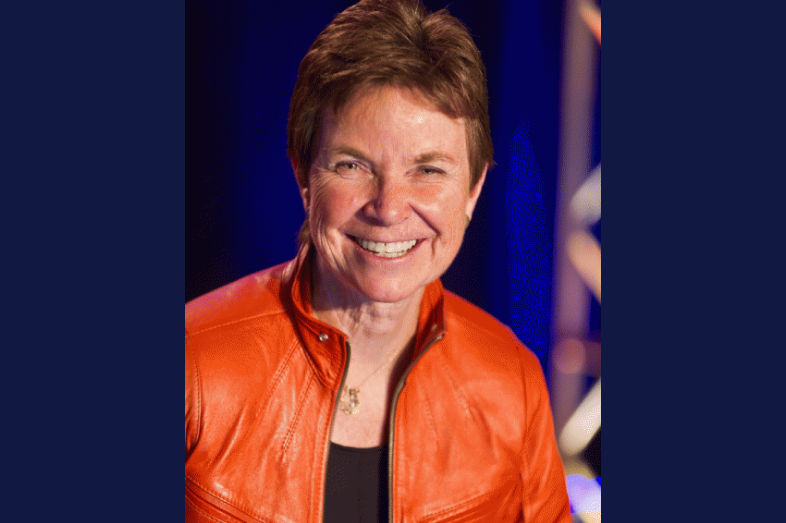

With commencement season underway, luminaries and leaders are sharing their wisdom with new graduates heading out into the world. In 1963, President John F. Kennedy spoke at San Diego State University, and nearly 50 years later many of his key points remain challenges for the nation. (Click here to read the text of the speech, via the Silicon Valley Education Foundation.) EWA spoke with Kati Haycock, president of the Education Trust, about some of the familiar themes in the president’s remarks, including the need for greater equity in opportunities to learn, school segregation, and the demand for an increasingly skilled workforce..
1. What stuck with you from reading Kennedy’s speech?
It was interesting to see California celebrated as it was then, compared to what’s happening in California today when its performance is closer to Mississippi than Massachusetts (which was Kennedy’s comparison). There’s a particular sadness about that. Kennedy used California as an example of a state that was acknowledging its future depended on education. People there seem to have forgotten that, as evidenced by the lack of willingness to invest in K-12, and the state absolutely bailing out on its responsibility in higher education.
The good news I was thinking about was that San Diego State itself has quite a decent track record for having beefed up the number of minority students served, and serving them more effectively.
2. Kennedy spoke of the segregated schools of the South, and the de facto segregation in the North. The Civil Rights Project at UCLA argues that the nation’s schools are actually more segregated now than they’ve been at any time since the 1950s. How do you respond to that?
Some of that is the reality that we have vastly more Hispanic kids, which is driving up some of those statistics. But desegregation is no longer a driving ambition, sad as that might be. You look at the numbers, and the vast majority of black and brown kids go to school with kids who look like them.
Kennedy was clear that while we might not all have equal abilities, we have to provide truly equal opportunities to all children. That’s where we continue to lag, and where we stand out among developed countries. We continue to spend less on poor students, we give them the weakest teachers, and we assign them to the lowest level courses.
3. Why do you think we haven’t made more progress in recent years?
It would be wrong to suggest things haven’t gotten better in many regards, including achievement patterns. While black. brown and students from low-income families aren’t doing nearly as well as we need them to be doing, they’re doing a lot better since the 1970s (when the data first started to be tracked).
But we still have a long way to go. It’s one thing to blame it all on finance, and in some states that’s part of the problem. But a lot of the inequities are actually choices that educators make. I don’t think educators always think of it as a conscious choice, but it is. Everything from the data tells us that when a classroom is overwhelmingly black and poor, we expect less of kids.
4. Can you give a specific example of schools expecting less of minority students?
No one told us that only white students ought to get algebra in the eighth grade. We could have chosen a more aggressive strategy. But not even our highest-achieving black and brown kids get access to eighth-grade algebra in most states. We don’t do the easy things within our reach, and we certainly don’t do the hard things.
5. What surprised you in Kennedy’s speech?
The main surprise was that he called it so well, so many years ago. The speech – sadly, with the exception of the references to California as a leading state – could be given today with equal urgency. He called the problems right, and he called the way forward right. That the opportunities remain so unequal in this country is terribly troubling.
